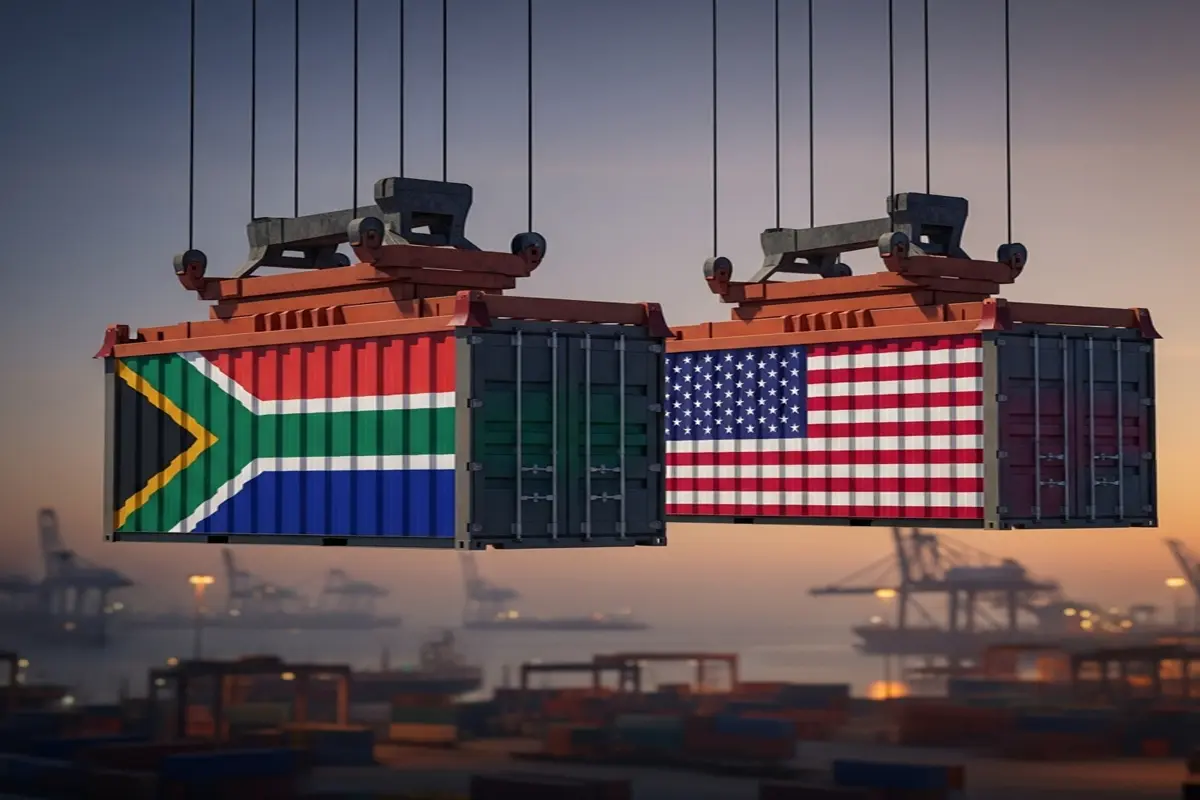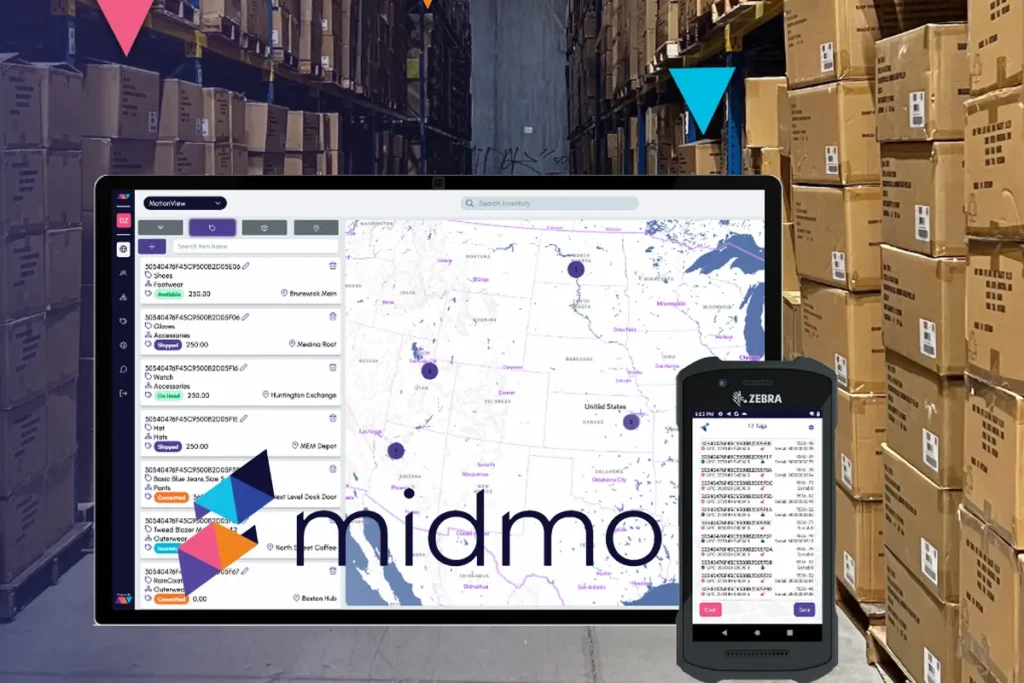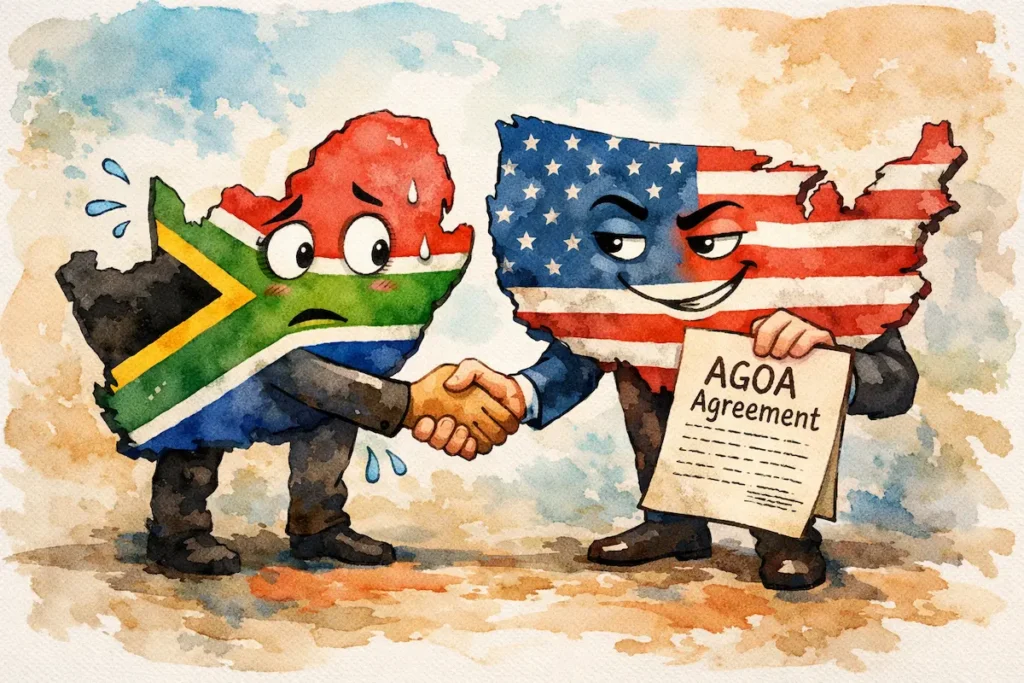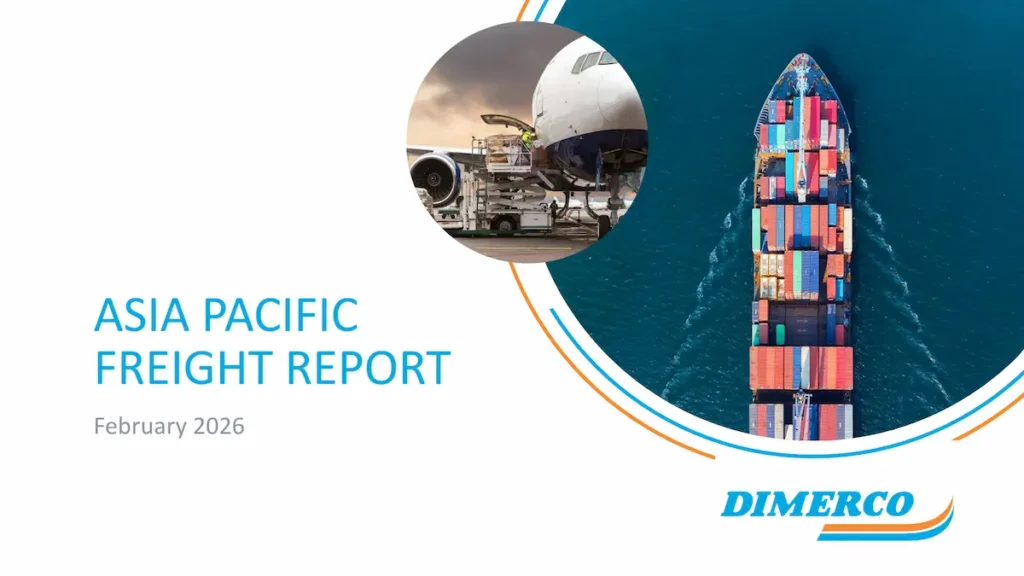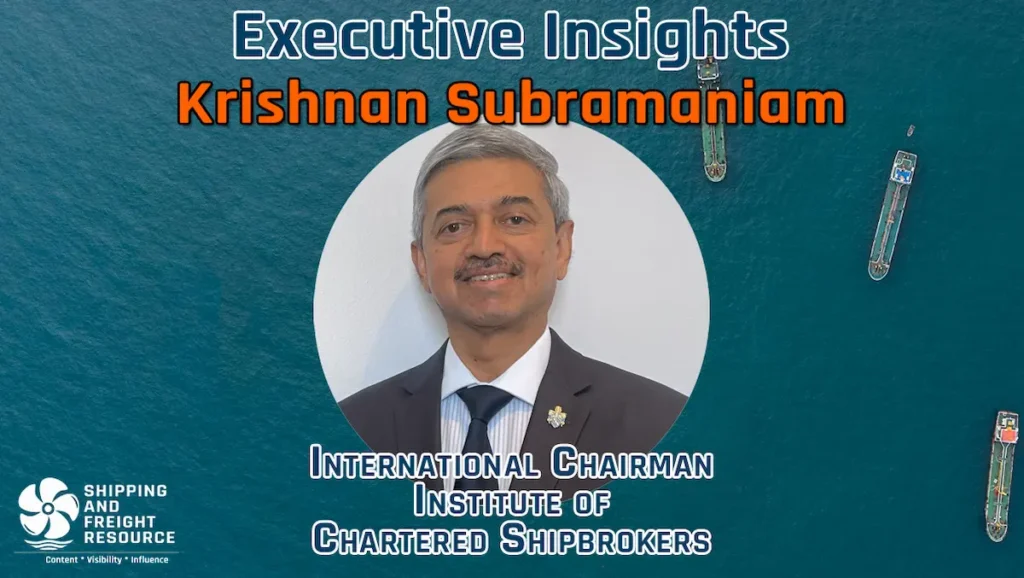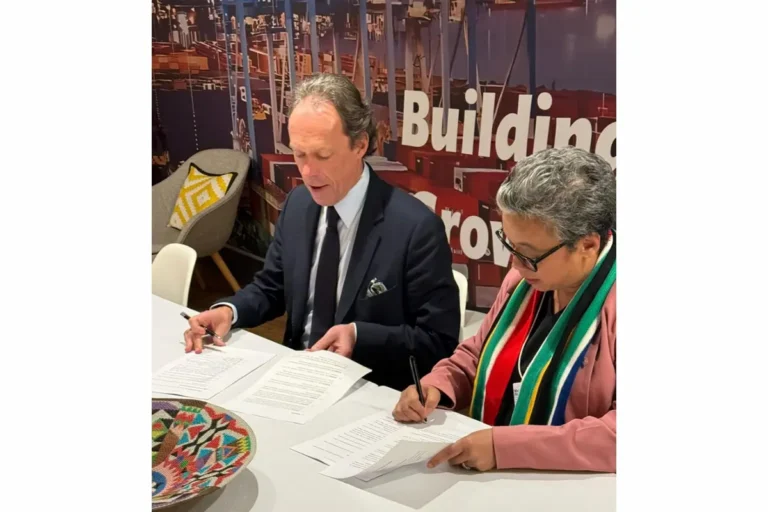The global trade landscape has once again shifted, and this time, South African exporters are directly in the crosshairs..
On 4 August 2025, South Africa’s Department of Trade, Industry and Competition (DTIC) and the Department of International Relations and Cooperation (DIRCO) released a joint media statement in response to the United States’ recent decision to impose 30% ad valorem tariffs on several goods originating from South Africa..
This development has immediate implications for South Africa–U.S. trade.. Still, it also raises larger questions about trade equity, bilateral diplomacy, and how smaller economies can prepare for increasingly unpredictable tariff regimes..
The joint statement confirms that South Africa is “committed to a principled approach, and we will continue to use all available diplomatic channels to negotiate a mutually beneficial trade deal with the United States, one that respects our national interests while advancing our longstanding partnership“..
The government emphasised the complementary nature of bilateral trade between the two nations and reiterated its commitment to rules-based international trade underpinned by equity and multilateral cooperation..
– Advertise here –
The statement also clarified that:
- South Africa accounts for only 0.25% of total U.S. imports,
- The tariffs were imposed without prior consultation,
- The U.S. cited national security concerns as justification, a rationale South Africa strongly rejects..
South Africa undermined from within..??
While the joint statement largely focused on diplomatic context and trade implications, one particular line stands out, and this is about the reference to domestic interference in South Africa’s international positioning..
“It is unfortunate that this Government’s efforts in resetting the relationship with the US has been undermined by some actors within South African society,” the statement read..
The reference to “actors within South African society” remains vague and unexplained, with no further clarification offered by the departments involved, leading to various speculations..
Although tariffs are officially justified on economic or national security grounds, U.S. trade decisions, particularly under the current administration, have rarely been isolated from political narratives..
Could the current U.S. administration be using a skewed image of South Africa as part of its rationale for punitive measures, based on past statements as part of the groundwork for the additional tariffs..??
What this means in practical terms
What will this tariff imposition mean in practical terms for SA exporters:
- Disruption of specific South African export segments
- Increased landing cost for US consumers makes SA products uncompetitive
- Uncertainty around AGOA and future bilateral alignment
- Further engagements with sectoral and industry groups to mitigate situation
South Africa’s countermeasures
1. Continued engagement with the U.S.:
-
Ongoing negotiations to reach a pragmatic, mutually beneficial trade deal.
-
Efforts to revise aspects of the “Framework Deal” while protecting SACU and regional integration.
– Advertisement –
2. Economic Response Package:
-
Export Support Desk: Direct assistance to affected exporters, including advisory services, alternative market guidance, and diplomatic linkages.
-
Resilience measures: In development to help firms absorb tariff shocks and protect jobs.
-
Localisation Fund Support (LSF): Funding support for impacted companies in affected value chains.
-
Export and Competitiveness Support Programme (ECSP): Planned working capital and equipment facility to strengthen short–medium term resilience.
-
Job protection support: In partnership with the Department of Labour to mitigate employment impact.
3. Competition Block Exemption for Exporters:
-
Temporary exemption under the Competition Act to allow export-oriented collaboration (e.g. shared infrastructure, market intelligence, coordinated activities).
4. Export market diversification:
Conclusion: Navigating through uncertainty
While the government’s response so far is cautious and rooted in stakeholder consultation, the impact on exporters and the logistics ecosystem is more immediate.. Tariffs create cost volatility and erode predictability, two things the supply chain industry does not handle well..
South Africa’s response is not yet a retaliation, it is a review.. But for shippers, freight forwarders, and traders, the review process should start now too..

